I’ve been trying to conceive child number two for 2.5 years. I am now 41, and I have a lot of data to show that this is simply age-related diminishing egg quality (six miscarriages and three unsuccessful IVF rounds with no normal eggs). There are a million things about improving your egg quality, and I’ve read them all and tried them all.
My question is, are you improving the egg quality such that the egg is strong and has a better chance of becoming an embryo, or can you actually improve and change the chromosomes that are abnormal? Based on everything I’ve done, I’ve been successful in making better-graded (and more) embryos and getting my body to a place that I can even get pregnant naturally after not being able to for 1.5 years, but based on the results of IVF and miscarriage, it all points to genetic abnormalities. I am spending a ton of money on all of these things. Am I wasting my time and money if the problem is simply abnormal chromosomes and genetic quality?
—Mom in fertility purgatory
This is such an important question that also highlights a kind of tragedy of our time, which is that the ovary is the first organ that appreciably and functionally ages. This aging results in a decline in fertility and an increase in miscarriage rate with increasing age. This is why a woman’s age is the most important predictor of her ability to get pregnant.

There are two aspects to this. The first is qualitative, as you mention. As a woman ages, the quality of her eggs — meaning their capacity to make a healthy baby — declines. We know very little about what causes this, though we understand it to be primarily related to an increase in the percentage of eggs (and, subsequently, embryos) with aneuploidy, or an abnormal number of chromosomes.
The other aspect is quantitative. Women are born with a finite number of eggs, and those eggs are released monthly throughout their lifetime, beginning at menstruation and ending at menopause. Fewer eggs, coupled with an increasing percentage of chromosomally abnormal eggs, means that IVF cannot always overcome the age-related fertility decline.
Unfortunately, there is very little that you can do about this. Most so-called fertility supplements have not been shown to improve IVF outcomes, and the two that are often mentioned — DHEA and coenzyme Q10 — have mixed results in the literature. Aside from major health risk factors, such as obesity or smoking, the general health of someone who’s trying to conceive has little impact on their eggs’ quality, though it is certainly important to be in as good health as possible to prepare for the upcoming pregnancy. But the good news is that age does not appear to have a significant impact on the uterus. So once you become pregnant, your ability to carry the pregnancy is not significantly impacted by age.
Community Guidelines









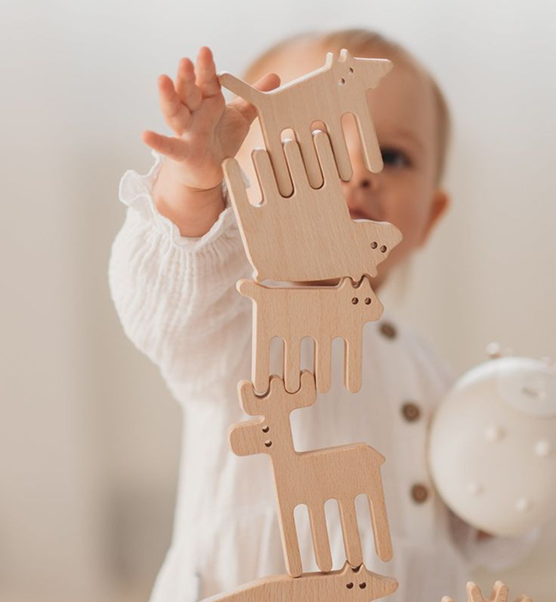

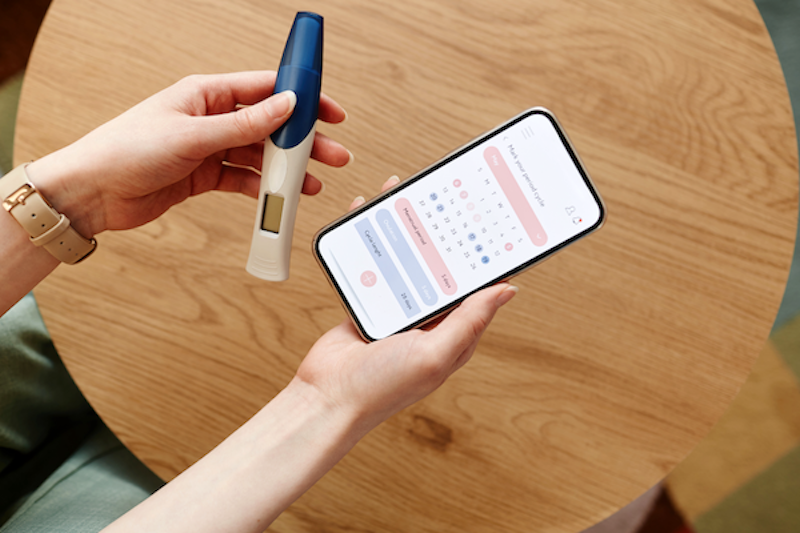
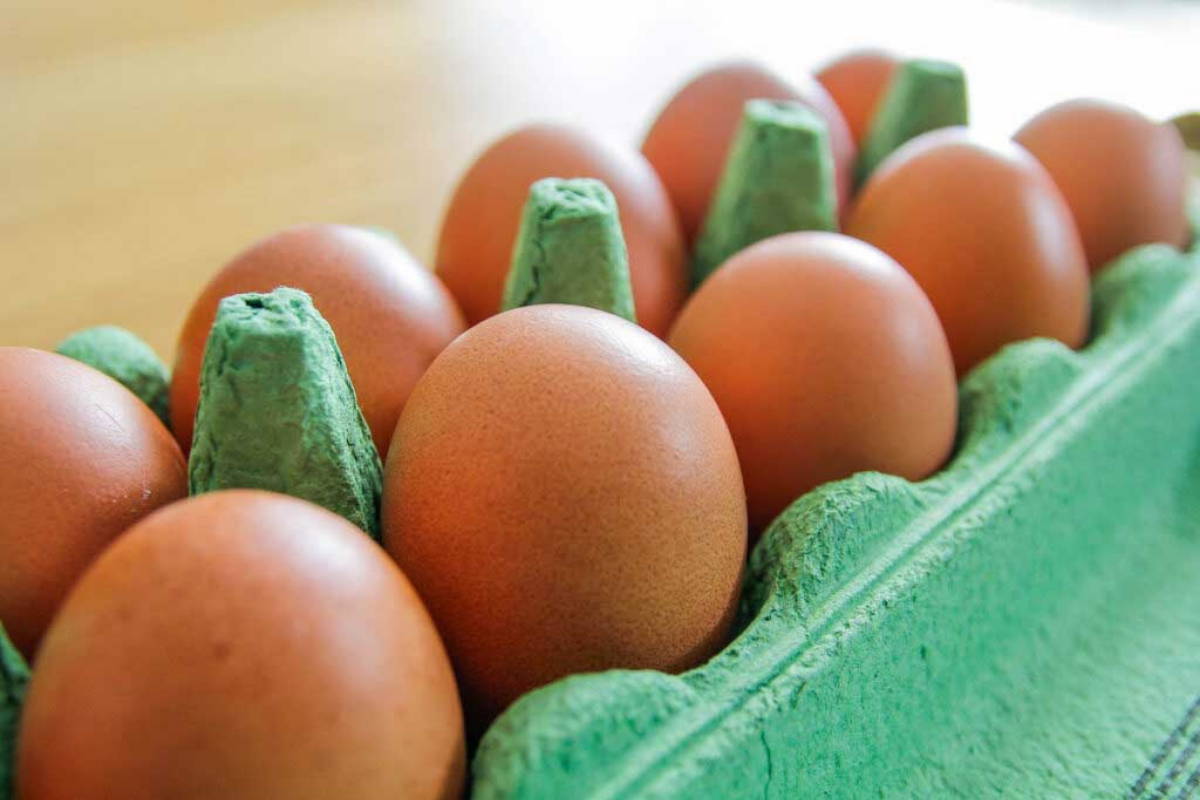
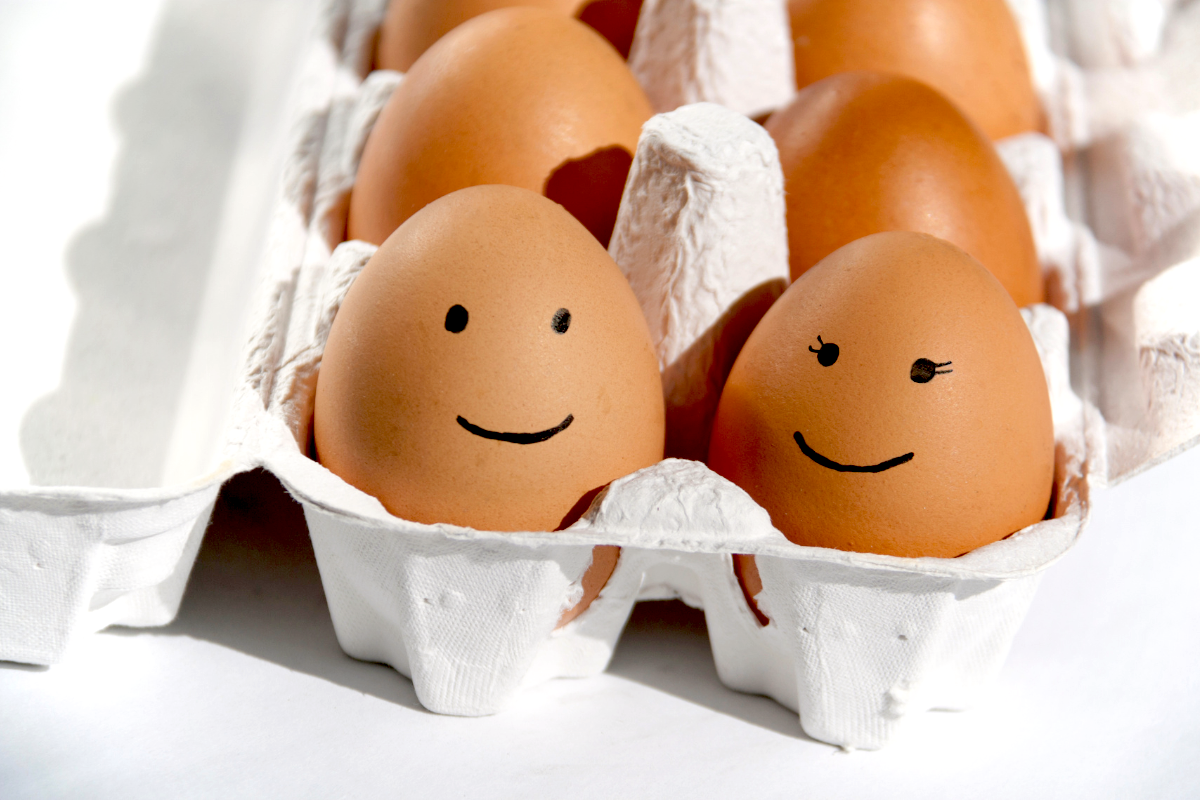

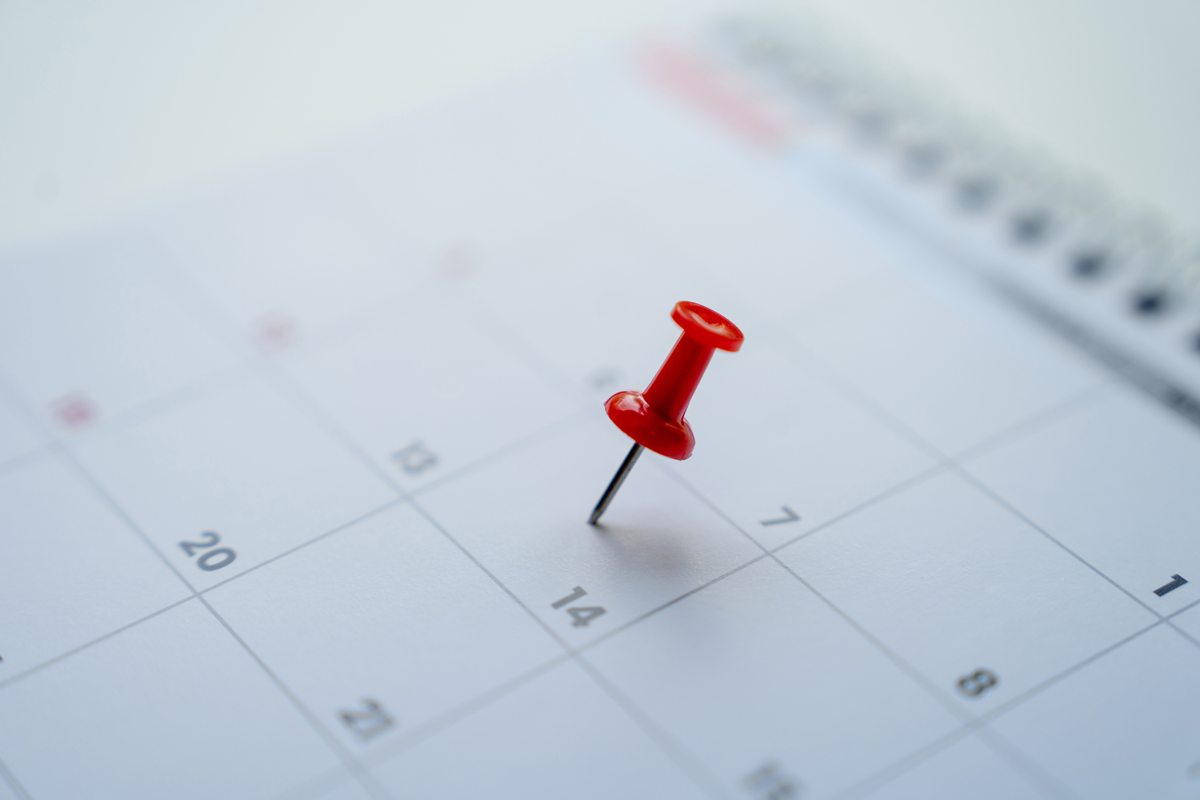

Log in